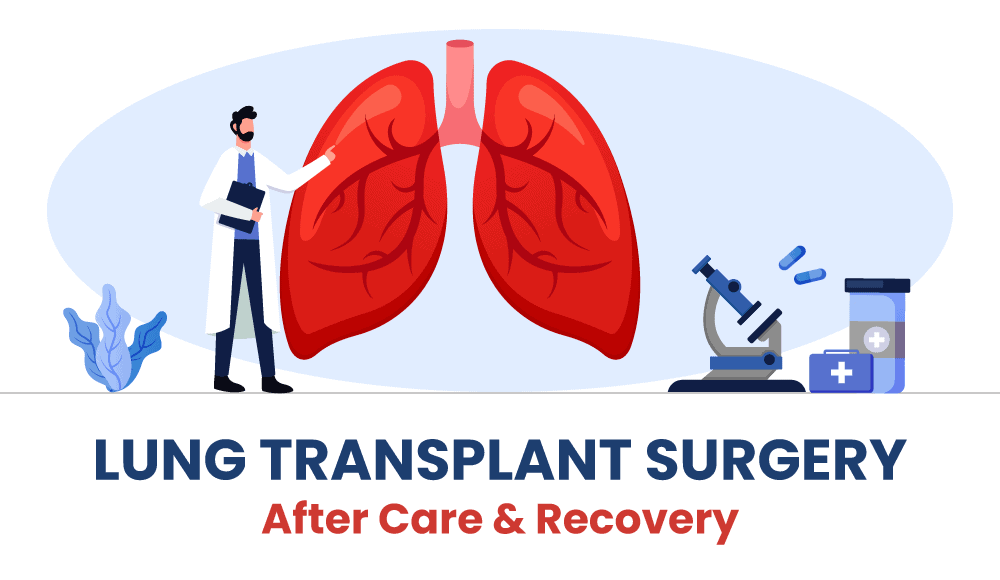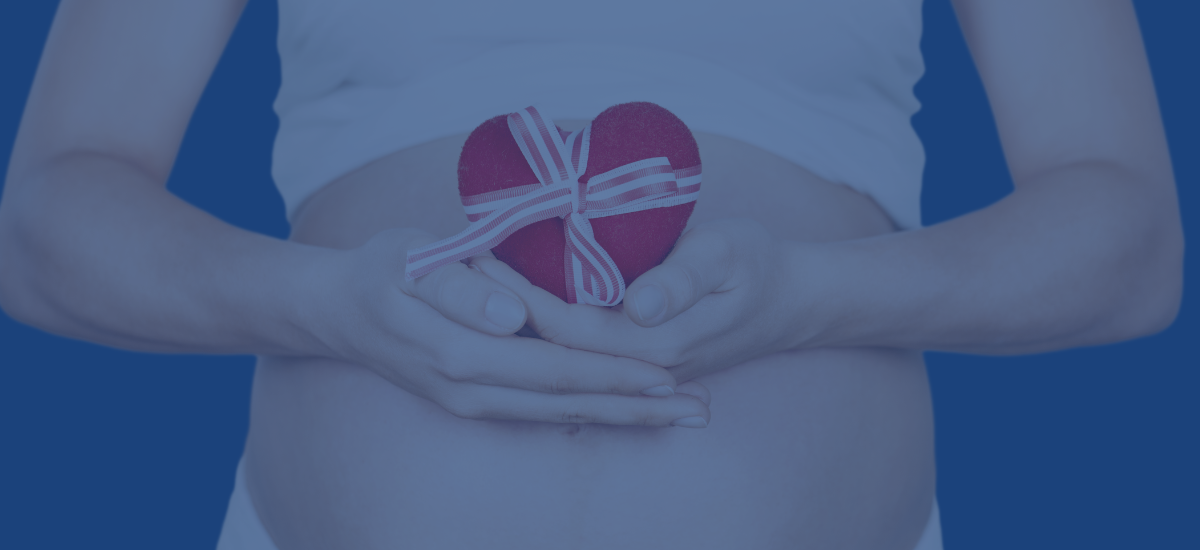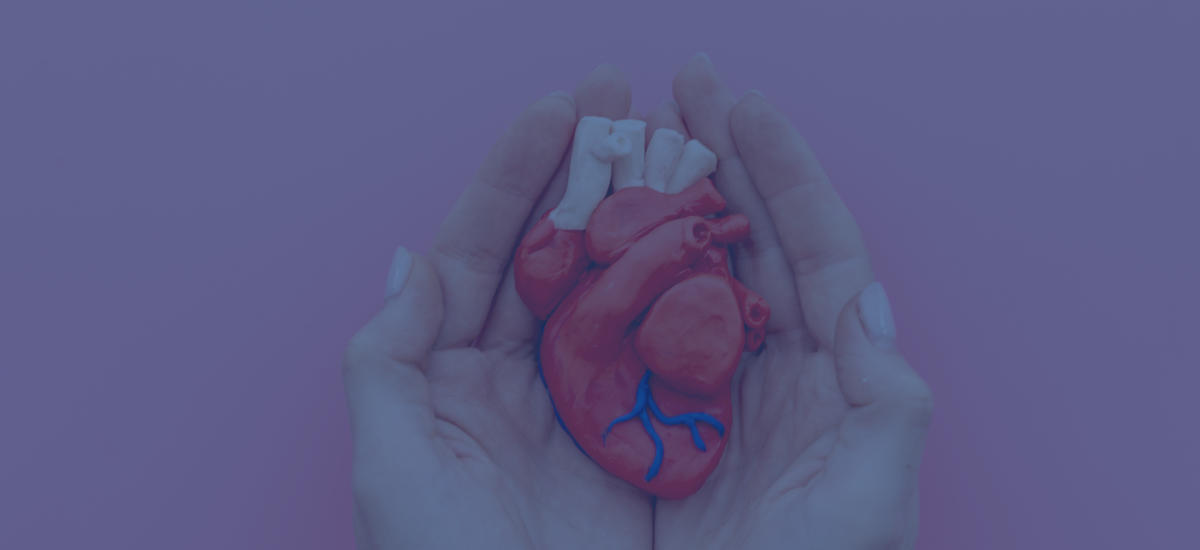A lung transplant surgery can give you a new lease on life! It can extend your expectancy and also improve your overall quality of life. However, before you get to experience the myriad of benefits of a successful lung transplant, you need to get past the recovery stage.
The recovery process after your lung surgery can be made easier by following just a few simple rules. Which is why we have created this informative guide.
In this article, one of the most renowned cardiovascular surgeon in Mumbai, will share his insights on post lung transplant care and recovery.
Recovering from lung transplant surgery? Want to know the best after-care tips?Book an appointment
A] Lung Transplant Aftercare In The Hospital
After a successful lung transplant surgery, you may have to spend some time at the hospital under medical observation.
Here are a few things the transplant department would do to provide patients a proper lung transplant aftercare in the hospital.
1. Tracking Your Vitals
After the surgery, the patient will be required to remain in the hospital’s ICU (intensive care unit) for several days. During this time, medical professionals will closely monitor the patient’s vital signs and bodily functions to ensure proper recovery.
During the recovery period, a ventilator will assist with the patient’s breathing and medical professionals will utilize tubes placed in the chest to remove any fluid buildup around the lungs and heart. This ensures a speedy and complication free recover.
Once the patient’s body has stabilized, they will be transferred from the ICU to the transplant unit for a period of up to three weeks, where they will continue their recovery and receive necessary care.
2. Monitoring for Signs of Rejection
A person’s body’s immune system works 24/7 to safeguard their body against infection and foreign entities. As a result, if immunosuppressant medication is not taken as prescribed, the immune cells in the body may recognize the transplanted lungs as foreign entities and attempt to reject them.
So, the transplant team is always monitoring for the signs of rejection, which include:
- A fever with a temperature of 100 degrees Fahrenheit or higher.
- Chest congestion.
- Shortness of breath.
- Flu-like symptoms like headache, dizziness, chills, nausea, etc.
- New pain around the lungs.
3. Keeping Track of Diet
Initially, when the patient is still breathing with the help of the ventilator, the patient will receive intravenous fluids through a tube in their arm. When the patient is taken off the ventilator, they can then drink clear liquid substances. The medical specialists in the transplant unit will gradually reintroduce solid food to the patient’s diet after a few additional days of recovery.
When the patient is told to resume their solid food diet, there will be a few dietary restrictions after lung transplant. For example, their diet will have to be restricted to foods that are both low in sodium and fat.
The doctors will also check the patient’s weight every day to ensure their body has the right amount of fluid and the kidneys are working well.
4. Breathing Exercise
The doctors and the nurses will help the patient do several breathing exercises with the help of an incentive spirometer. The incentive spirometer is a breathing device that will help clear the patient’s lungs and keep them active during the lung surgery recovery period.
Additionally, the patient will also need to perform some coughing exercises. While coughing exercise may put some strain on the incision, it will clear the secretions from your lungs, helping you avoid infection build-up.
Want to know about the symptoms of lung disease? Read our blog 7 Symptoms That Could Indicate Presence Of A Lung Disease
B] Lung Transplant Aftercare at Home
Even after being discharged from the hospital, it is important to adhere to the recommended lung transplant aftercare procedures to ensure long-term health and well-being.
1. Medications On Time
After returning home, it is important to take prescribed medications as directed to support a successful recovery from the lung transplant. To ensure doses aren’t missed, it may be beneficial to create a list of all medications and their scheduled intake times.
2. Avoid Otc Medicines
Avoid OTC or over-the-counter medicines at all costs! If you’re having trouble finding a certain medicine in your city, discuss it with the doctor first. Avoid taking any kind of unprescribed to ensure a safe recovery after lung surgery.
3. Follow-Up Sessions With The Surgeon
Make sure you show up for all the follow-up sessions and appointments scheduled with your surgeon and physicians. The transplant specialists will use these sessions to check if your recovery process is going well after you are discharged from the hospital.
4. Keep A Check On Any Changes In Your Vitals
It is recommended to regularly monitor your vital signs to ensure they remain within normal ranges. If you experience any discomfort or notice multiple symptoms, it is important to contact your doctor right away.
5. Get Routine Lab Tests On Time
As previously mentioned, it is important to regularly participate in routine lab tests to ensure the transplanted lungs are properly integrated and to detect any signs of complications or rejection as early as possible after the lung transplant.
6. Follow Your Customized Diet
Before discharge, the medical professionals in the transplant unit will provide a personalized and comprehensive diet plan to ensure optimal recovery and support the healing process. You should follow the diet plan prescribed to you by the healthcare professional to improve the recovery rate after lung surgery.
7. Don’t Miss The Exercise Routine
To enhance your recovery process, you will also receive a personalized exercise plan developed by medical experts that is tailored to your specific needs. Make sure that you follow this detailed exercise plan to speed up your recovery after the lung transplant procedure.
8. Avoid Direct Contact With Any Person With An Infection
Due to the immunosuppressant medication taken after the lung transplant, your immune system may be temporarily weakened. To minimize the risk of infection, it is important to avoid close contact with individuals who are ill during this period.
9. Maintain Healthy Weight And Cholesterol Levels
To maintain healthy fat and cholesterol levels, it is recommended to incorporate more healthy food like fiber-rich vegetables, whole-grain bread, fruits, and other nutrient-dense foods into your diet. It is also beneficial to limit or avoid foods high in fat and cholesterol.
C] Some Common Queries You May Have:
1. What Are The Remedies For Those Who Can’t Fall Asleep?
Many people have trouble sleeping or suffer from insomnia post-lung transplant. If you’re having trouble falling asleep then you can try one of the following tips:
- Create a regular sleep schedule.
- Make sure your bedroom is quiet and dark to fall asleep easily.
- Avoid sleeping during the day or taking power naps.
- Try listening to relaxing music and avoid caffeine.
- Make sure that your beds and pillows are comfortable.
2. When Can I Go Back To Work?
Most lung transplant patients can start working on a regular office job within a few months after the surgery. However, the exact time varies, depending on the individuals, their age, diet, and many other factors. It would be best to consult with your doctor before rejoining your duties.
3. When Can I Get Away For A Vacation?
You can go on a vacation as soon as you’re feeling well. However, you must take proper precautions like letting the transplant coordinator know about the location, getting the emergency medical identification card ready, and avoiding foods that are prohibited by the doctors.
4. When May I Resume Sexual Activity After A Transplant?
Once you’re finished with the lung transplant recovery process, you can resume your sexual activities without any restrictions. Still, since you’re still recuperating, you shouldn’t put too much strain on your body and use protection to prevent infections.
5. Any Special Advice For Female Transplant Patients?
Female transplant patients are advised to postpone pregnancy for a minimum of one year post-surgery. Even when you start having intercourse, it is important to continue using reliable forms of birth control to prevent pregnancy. As a precautionary measure, it is recommended to avoid using oral contraceptive pills as they may have adverse effects on your health.
6. Any Exclusive Recommendations For Male Transplant Patients?
Male patients may experience issues with erectile dysfunction following the transplantation procedure. This can be caused by a lack of blood flow to the genitals or other factors. In many cases, these issues can be resolved by an expert.
Recovering from lung transplant surgery? Want to know the best after-care tips?
Conclusion
To achieve a successful and speedy post-lung transplant recovery, you have to adhere to the guidelines and recommendations provided by the transplant team, including following the personalized dietary plan and taking medications as prescribed by medical experts. You should go to regular checkups and avoid infection to ensure a problem-free recovery.
If you, your family members, or acquaintances are in need of a lung transplant in Mumbai, feel free to get in touch with us. We conduct a thorough evaluation process to determine if a lung transplant is the right option for you, putting you on the right treatment plan to ensure improved quality of life and extended life expectancy. You can also check out our page about lung transplant surgery cost in Mumbai to make an informed decision.
Maintaining a healthy heart is crucial for a successful lung transplant and recovery. If you’re interested in learning more about how to promote heart health, check out our blog: 9 Lifestyle Changes You Need to Make for a Healthy Heart.







[…] After performing deep breathing exercises to expand the capacity of your lungs, medical specialists and nurses will assist you in performing various coughing exercises. These exercises are an important part of post heart transplant recovery, as they help to clear any secretions that may have accumulated in the lungs during the surgery. […]
[…] those who have undergone lung transplant surgery, our comprehensive guide to Lung Transplant Surgery: After Care & Recovery can be a valuable resource. It provides detailed information on the necessary steps to take to […]